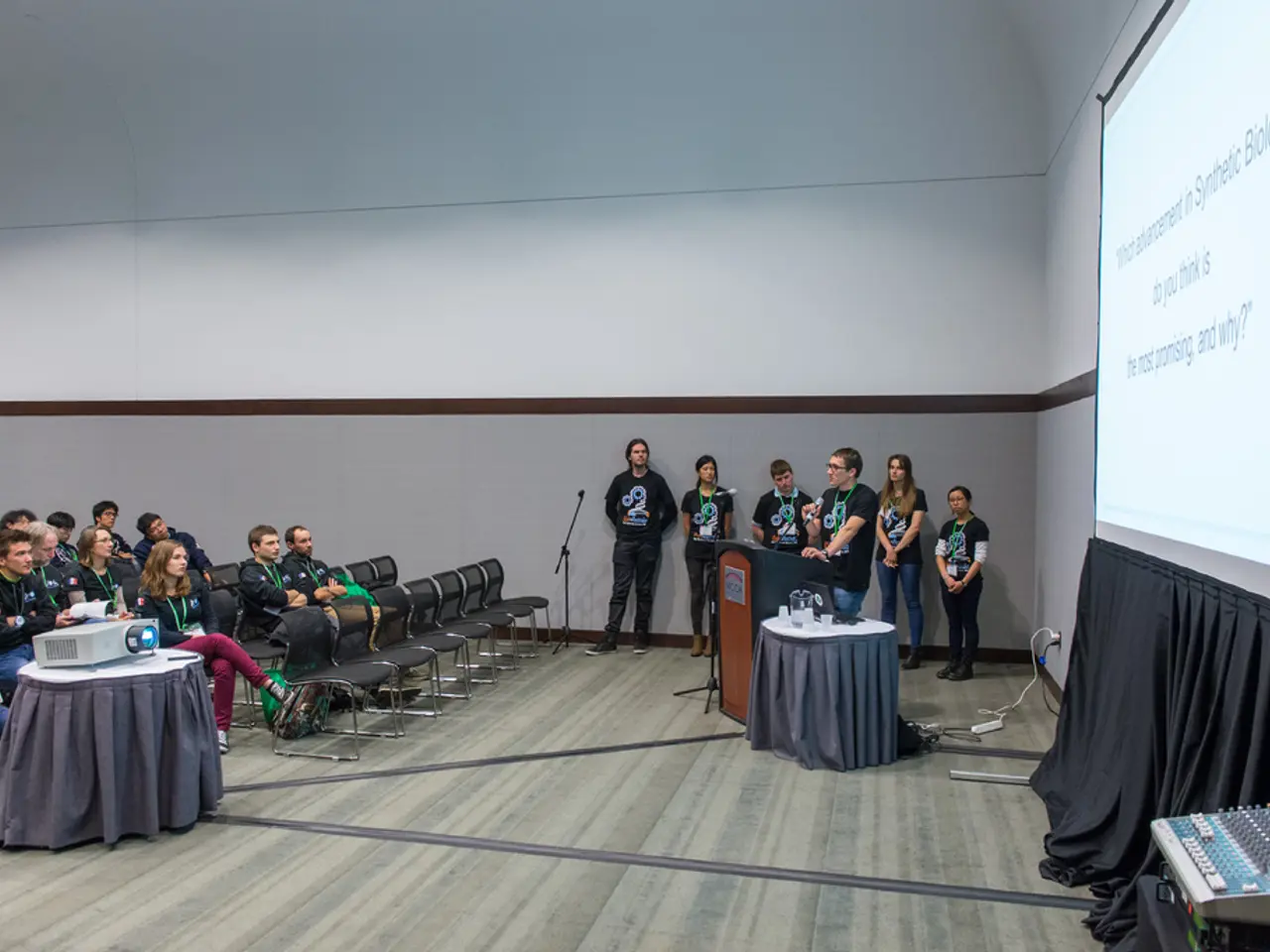EU businesses call for a temporary halt in AI regulations to combat competition with unregulated tech giants
In a significant move, a coalition of European tech companies, including major global players like Apple, Google, and Meta, have called for a delay in the enforcement of key provisions of the European Union's Artificial Intelligence Act (AI Act) by at least two years. The primary concern is the uncertainty around compliance with the complex legislation and the risk that rushing its implementation could undermine Europe's competitiveness in AI innovation.
### The AI Act and Its Phased Implementation
The AI Act formally entered into force on August 1, 2024, but its obligations apply in phases. Significant upcoming rules for general-purpose AI (GPAI) models are slated for August 2025, with further transparency and high-risk AI systems requirements set for 2026 and 2027. However, delays are occurring in the publication of key supporting materials, such as the Code of Practice for GPAI models and technical standards necessary for demonstrating compliance.
### Calls for Delay and the EU's Response
Despite these calls, the European Commission has officially stated that it will not delay the rollout of the AI Act, emphasizing the importance of moving forward with enforcement by the established deadlines. Some EU Member States, notably Poland during its EU Council Presidency, have proposed postponing the application dates to ensure readiness.
### Potential Implications
The tech firms argue that premature enforcement could hinder technological development and cause Europe to fall behind other regions, jeopardizing the EU’s projected €3.4 trillion economic boost from AI by 2030. They fear "inconsistent regulatory decision making" and lack of clarity on data usage could slow AI deployment and innovation in Europe.
The delay in finalizing the Code of Practice for GPAI reflects tensions between stakeholders advocating for strong safeguards (transparency, data governance, risk mitigation) and those favoring flexibility to foster innovation. The phased implementation and ongoing consultations highlight the complexities involved.
However, the current delays offer a strategic window for companies to proactively align with emerging regulatory standards. Early compliance could become a market advantage, especially in sectors like healthcare tech, autonomous systems, and data analytics that are deeply impacted by AI regulations.
In summary, while European tech companies are pushing for a delay to protect competitiveness and innovation, the EU appears firm on maintaining its AI regulatory timetable to establish global leadership in safe AI governance. This dynamic creates both challenges and opportunities for AI development and regulatory compliance within Europe.
As the debate continues, it's Europe's turn to balance economic ambition against civil society concerns about AI. French AI business Mistral, for instance, has expressed concern about AI being controlled by distant, opaque systems operated by large corporations. The future of AI regulation in Europe remains a topic of ongoing discussion and debate.
- The European Union's Artificial Intelligence Act (AI Act) has significant implications for the technology sector, particularly in terms of business, finance, and politics.
- The AI Act, scheduled to be fully implemented by 2027, includes phased regulations for different types of AI systems, including general-purpose AI models in 2025, transparency, and high-risk AI systems in 2026 and 2027.
- Major global tech companies, such as Apple, Google, and Meta, have called for a delay in the enforcement of key provisions of the AI Act, citing the risk of hindering technological development and impacting Europe's competitiveness in AI innovation.
- Delays in the publication of key supporting materials, like the Code of Practice for GPAI models, have created a strategic opportunity for companies to proactively align with emerging regulatory standards and potentially gain a market advantage in sectors heavily impacted by AI regulations, such as healthcare tech, autonomous systems, and data analytics.




